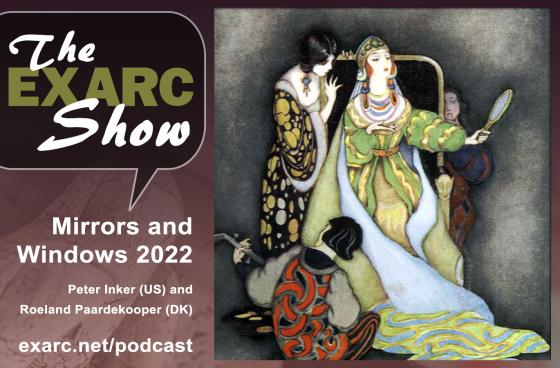
After 20 times putting together a year report, we decided it was time to do things differently: we did the year report as a podcast. EXARC Chair Dr Peter Inker leads our director Roeland Paardekooper through the year that passed. Of course we also comment on the future!
For our more than 400 members around the world, 2022 has been a difficult year, where the ones who could respond quickest to the changing circumstances were successful. This counts for museums, freelancers, students, craftspeople, and university members. But work could not stop: museums kept on building, experiments were executed and school groups as well as tourists were entertained with living history. On the EXARC website, we showcased 300 events worldwide, and the EXARC Journal has 180,000 reads per year, all open access. We welcome fresh ideas from countries like Brazil and also look at sustainability, more broadly than just climate change.
EXARC truly is a network, something that one can see during the European Archaeology Days, in the Colonial Williamsburg Fellowship, but also in SUN, the Support Ukraine Network and the project where we help put life in late Neolitihic Houses. Last but not least, EXARC is working with five other partners in RETOLD where we are looking at how to save the stories told in open-air museums in such a way that anybody can reuse the information. Talking about networks, we attended conferences like the ICOM General Conference in Prague and the NEMO conference in Loule, Portugal. Here we noticed how important it is to cooperate with other professionals.
Looking to 2023, we will be occupied with our large conference in May in Poland, on Experimental Archaeology. Although many people will travel down to the city of Torun, we expect even more to join us online. We will do this, just like anything in EXARC really, with the help of many volunteers. We thank you all: members, the audience, volunteers, the board, see you again soon!
